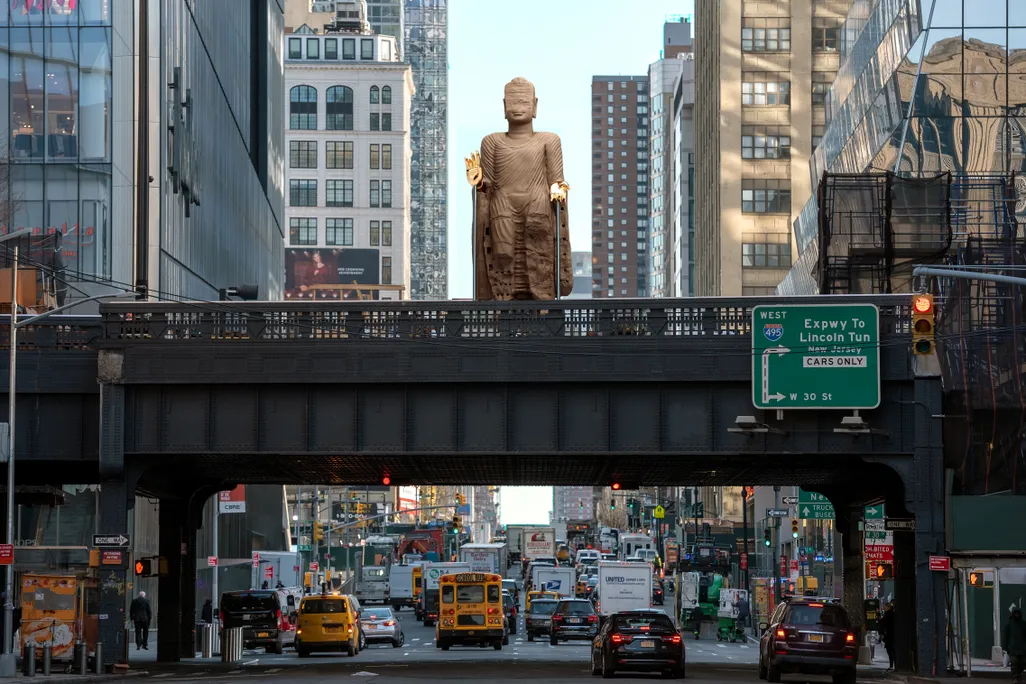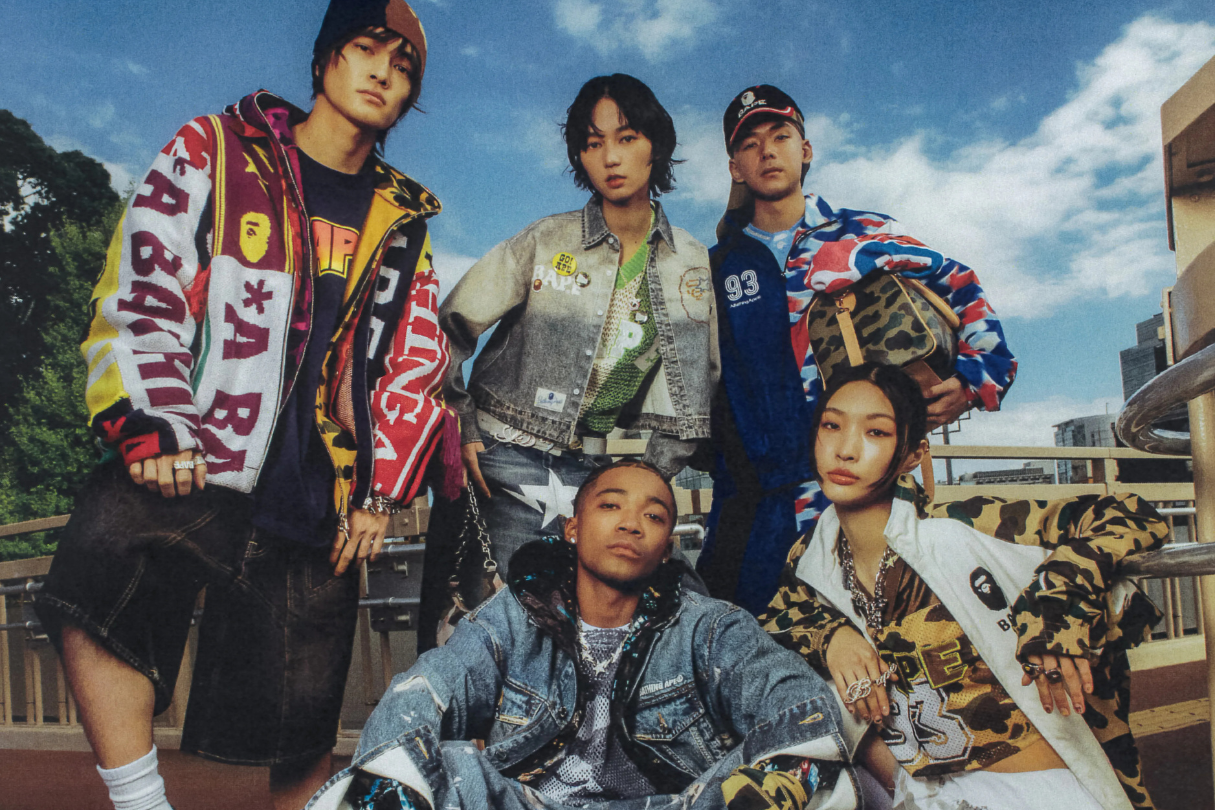Ratings for regional TV stations and video platforms across China have benefited from different types of competition reality shows ever since Zhejiang Satellite TV introduced Dutch franchise The Voice in 2010. This trend accelerated further in 2013, after Hunan Satellite TV remade Korean Munhwa Broadcasting Corporation’s original series Dad! Where Are We Going? — a reality show about celebrities traveling with their children that’s proven to be a huge hit in China.
The variety/reality competition craze has now spread to encompass such programs as Zhejiang TV’s Running Man and The Voice of China, Hunan TV’s Divas Hit the Road and I Am a Singer (the latter won this year by Brit Jessie J), Jiangsu TV’s Masked Singer and We Are in Love, and Tencent’s new-for-2017 show, Produce 101. The same phenomenon also accounts, of course, for iQIYI’s ratings smash-hit, The Rap of China.
Some of these variety shows — many of them, in fact — are remakes of Korean originals, whether the producers admit it or not. Even The Rap of China was adapted from Korean program Show Me the Money. But now, we’re starting to see influence flow in the other direction.
Almost a year ago, we reported on Zhejiang TV’s original program The Birth of Actors, which emphasizes actors’ specialisms and the art of acting by splitting contestants into groups to perform scenes from theatrical plays. While many young pop stars who are good at attracting traffic but not necessarily so good at acting were on the receiving end of some harsh critiques on the show, The Birth of Actors gave actually good young actors an opportunity to showcase their abilities, and gave experienced but not-so-famous professionals a needed boost.

Two young actors perform a scene from Crouching Tiger, Hidden Dragon
For its second season, the show’s name changed to I Am the Actor, and it came back strong with a star-studded cast including Zhang Ziyi, Xu Zheng (Best Actor at this year’s Golden Horse Awards for his performance in Dying to Survive), and Wu Xiubo as mentors. On November 11, the day of the last face-off between the final four actors, the production team from Zhejiang Satellite TV stood on stage and announced some major news: Zhejiang TV had sold the program structure of I Am the Actor to Is Or Isn’t Entertainment, an American entertainment company founded by Emmy winners Lisa Kudrow (Friends) and Dan Bucatinsky (Scandal).
After almost a decade of learning from (and flat out aping) foreign peers, it seems a popular Chinese variety show has finally hit upon an original formula that could go in the opposite direction.
Zhejiang TV director Wang Jun attributed the show’s success to three core points: originality, clear structure, and high completion rate. Zhejiang TV plans to introduce more bilingual Chinese actors to the show to appeal to international audiences in the future.
From 2019, IOI Entertainment will be authorized to produce the international version of I Am the Actor in the US, the UK and Canada, along with Hollow Men Productions, a company helmed by West Wing actor Bradley Whitford and producer Adena Chawke. An HMP representative told reporters, “After we watched the show, we immediately felt the art and originality of it, and we believe global audiences will thoroughly enjoy this special viewing experience.”
Besides the contestants’ stage performances and the reaction shots of star judges/mentors such as Zhang Ziyi, what’s perhaps most remarkable to viewers of the show is the chance to see how the actors rehearse and communicate with each other. It is rare to see the sometimes extreme measures actors take in practicing their form — especially when they have to exhibit intense emotions on command — as well as the effort it requires to perform well in front of the camera on demand. The show teaches the audience to appreciate good acting, and introduces them to some previously unknown yet brilliant talents.
One of the show’s mentors, Xu Zheng, once said during an episode of the show, with tears in his eyes: “This is the time for good actors.” Maybe this is the time for original Chinese variety shows as well.
—
Cover image: a still from I Am the Actor successor The Birth of Actors
You might also like:
 China’s Young Actors and Actresses Confront Backlash Against “Emoji Acting”Article Dec 19, 2017
China’s Young Actors and Actresses Confront Backlash Against “Emoji Acting”Article Dec 19, 2017
 After “China’s Beyoncé,” Reality Show “Produce 101” Creates Another Controversial StarArticle Jun 14, 2018
After “China’s Beyoncé,” Reality Show “Produce 101” Creates Another Controversial StarArticle Jun 14, 2018
 After the “Hip-Hop Ban”, Chinese TV Turns to Street Dancing ShowsArticle Mar 20, 2018
After the “Hip-Hop Ban”, Chinese TV Turns to Street Dancing ShowsArticle Mar 20, 2018



















